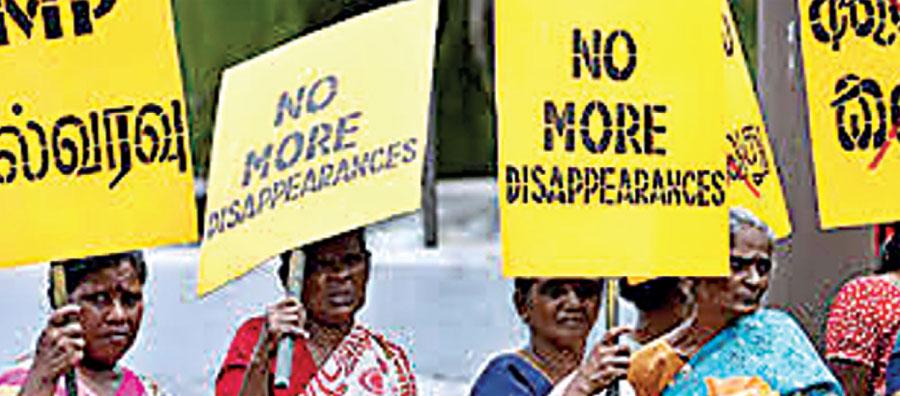18 Apr 2019 - {{hitsCtrl.values.hits}}

 he value of truthfulness is universally accepted. It is so vital to society that it even exists in some form or other in all religious scriptures that instil the basic values and morals society lives by. Buddhists vow to refrain from being untruthful, Christians shall not lie or bear false witness, the Quran says those who are untruthful invoke the curse of God, and truth is considered one of the greatest virtues in Hinduism. All social relationships last on the principles of truth and honesty that lead to trust; both concepts of which are directly linked to one another and are values that carry society into the future.
he value of truthfulness is universally accepted. It is so vital to society that it even exists in some form or other in all religious scriptures that instil the basic values and morals society lives by. Buddhists vow to refrain from being untruthful, Christians shall not lie or bear false witness, the Quran says those who are untruthful invoke the curse of God, and truth is considered one of the greatest virtues in Hinduism. All social relationships last on the principles of truth and honesty that lead to trust; both concepts of which are directly linked to one another and are values that carry society into the future.
The stability and progress of a State is no different. Without the people’s trust in its institutions, a State cannot achieve the goals it sets out for. Especially in a post-conflict country like Sri Lanka, truth-seeking and trust-building are vital. In a context where entire generations have witnessed the brutal violence of an ethnic war that spanned 3 decades, bloody political insurrections, and violent civil disturbances; not only is trust between the State and its citizens important but more so among the multiple communities that co-exist.
"Buddhists vow to refrain from being untruthful, Christians shall not lie or bear false witness, the Quran says those who are untruthful invoke the curse of God, and truth is considered one of the greatest virtues in Hinduism"
As long as historic injustices remain un-addressed, the threat of violence remains ever present. While people’s trust in the Government and among themselves is essential for Sri Lanka to move steadily into the future, there are still many questions that remain unanswered. 
Do all Sri Lankan’s know the truth of the brutalities and violations of their history of conflict? Do they understand the cause of the pain victims face years after the end of it? Without knowing the truth, can the public trust the Government?
While outright violence maybe over, trust cannot be built on false perceptions, suspicions and fears of the unknown wreaking havoc in the minds of many.
In times of war and violence, information is not easily accessible. It is unfortunately the case that often the lines between political, military and personal agendas blur, violations and abuses are rampant, and many losses remain unaccounted for, on all sides. While the truth about what happened is important, it cannot be coerced. The pain felt by victims can only be related by them and the truth is meaningful only if it comes from the perpetrators themselves, as confessions and open discussions with room given for remorse and apology.
A truth commission is built on a culture of revealing information in an environment of honesty and trust. It is based on the rationale that clearing suspicions and doubts in the minds of victims and perpetrators alike will allow them to move forward and reconcile with past atrocities. A commission is not a court. What matters is not punishment and prosecution but truth and acceptance. This might seem too idealistic or possibly redundant, but often all victims demand for is an opportunity to be heard. To keep them in silence is to rob them of a history of painful experiences and to pretend those violations never happened. Without a process that effectively deals with uncovering the truth, one cannot hope for sustainable peace.
"A truth commission may not resolve all issues, cure all traumas or present all the answers that people are searching for. But it will if nothing else, prove an effort on the part of the Government to give truth and reconciliation a fair chance"
For it to be a fair and legitimate mechanism, a truth commission should pay equal attention to all aggrieved parties of a conflict. It is not only a place for victims to state their grievances but also for perpetrators to make confessions.
Victims from all communities faced violations and losses over the past few decades in Sri Lanka. Recognizing victims of each community will not only help them to open up about the violations they faced but also realize that there are victims from opposing factions, distant locations, different ethnicities and varying cultural backgrounds who have faced experiences similar to theirs.
Those who committed atrocities have a unique knowledge on what happened, how it happened and why. This information is vital for transparency and truth; and perpetrators, be they civilians, ex-LTTE carders, former combatants and military officers, government officials, or politicians, must be allowed to come forward and make confessions about what they did or witnessed.
"A commission is not a court. What matters is not punishment and prosecution but truth and acceptance"
Sometimes the line between victim and perpetrator is blurred, with individuals at times committing violations and at times being victim to them. Complex experiences such as this should be given a chance to be heard of and understood by all citizens. A truth commission can help war torn communities to understand each other and thereby reintegrate and reconcile in a more meaningful way.
No matter how much the truth presents itself before us, one can always be blind to the facts if one chooses to. But a blindness of our own choosing is easier to accept than a deliberate move by someone else to keep us in the dark. And if the State does not take responsibility over uncovering violations and abuses, identifying perpetrators, and paying heed to victims, the people will always see this as a deliberate move to hide the truth.
A truth commission may not resolve all issues, cure all traumas or present all the answers that people are searching for. But it will if nothing else, prove an effort on the part of the Government to give truth and reconciliation a fair chance.
01 Jan 2025 36 minute ago
01 Jan 2025 1 hours ago
01 Jan 2025 2 hours ago
01 Jan 2025 5 hours ago
01 Jan 2025 5 hours ago